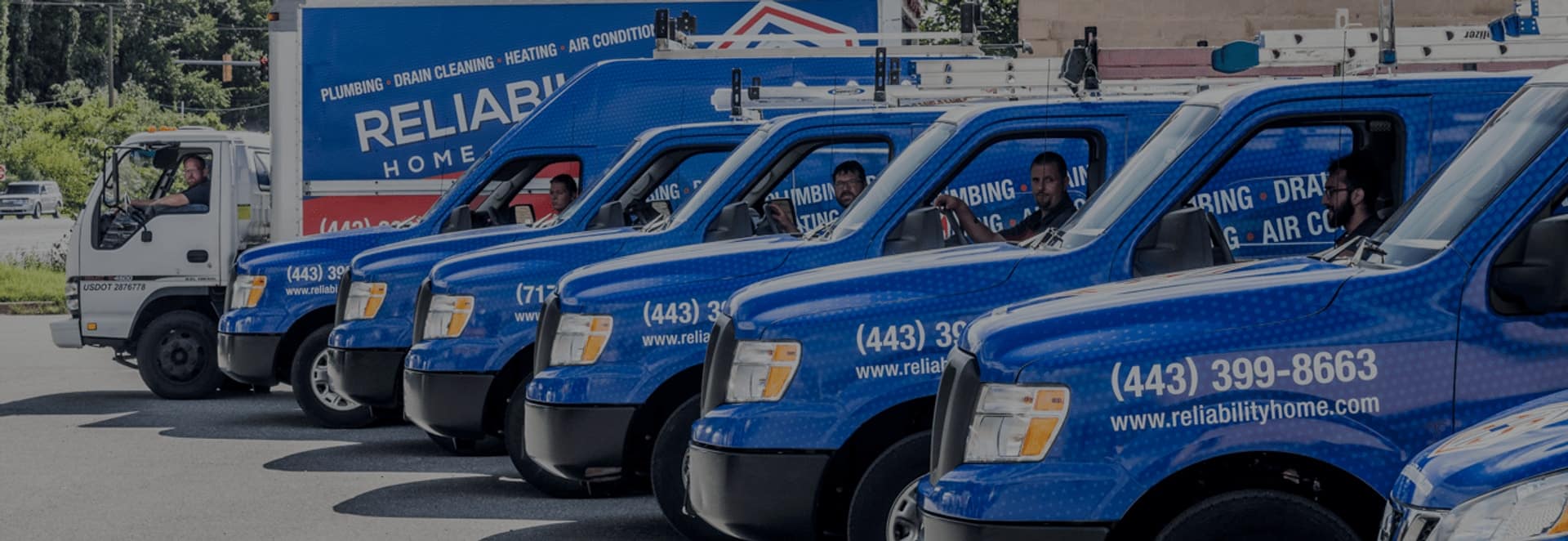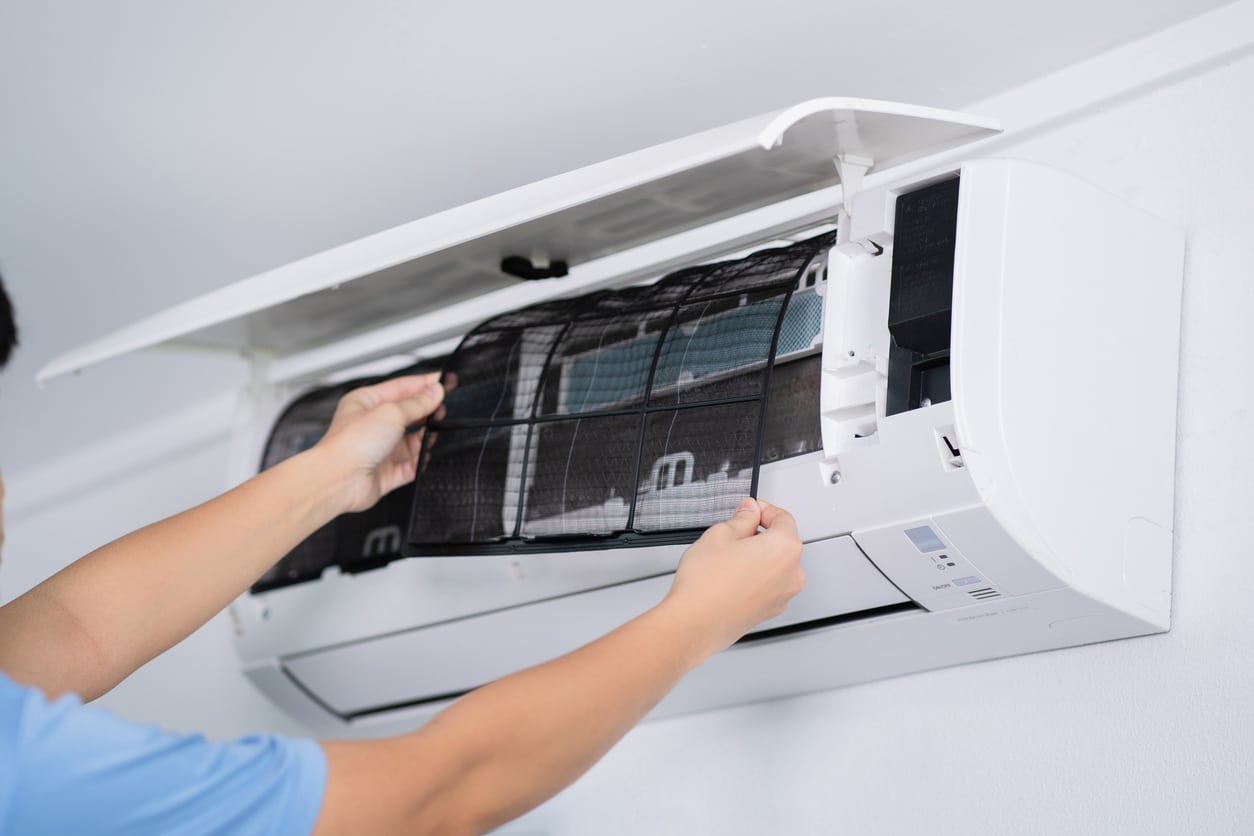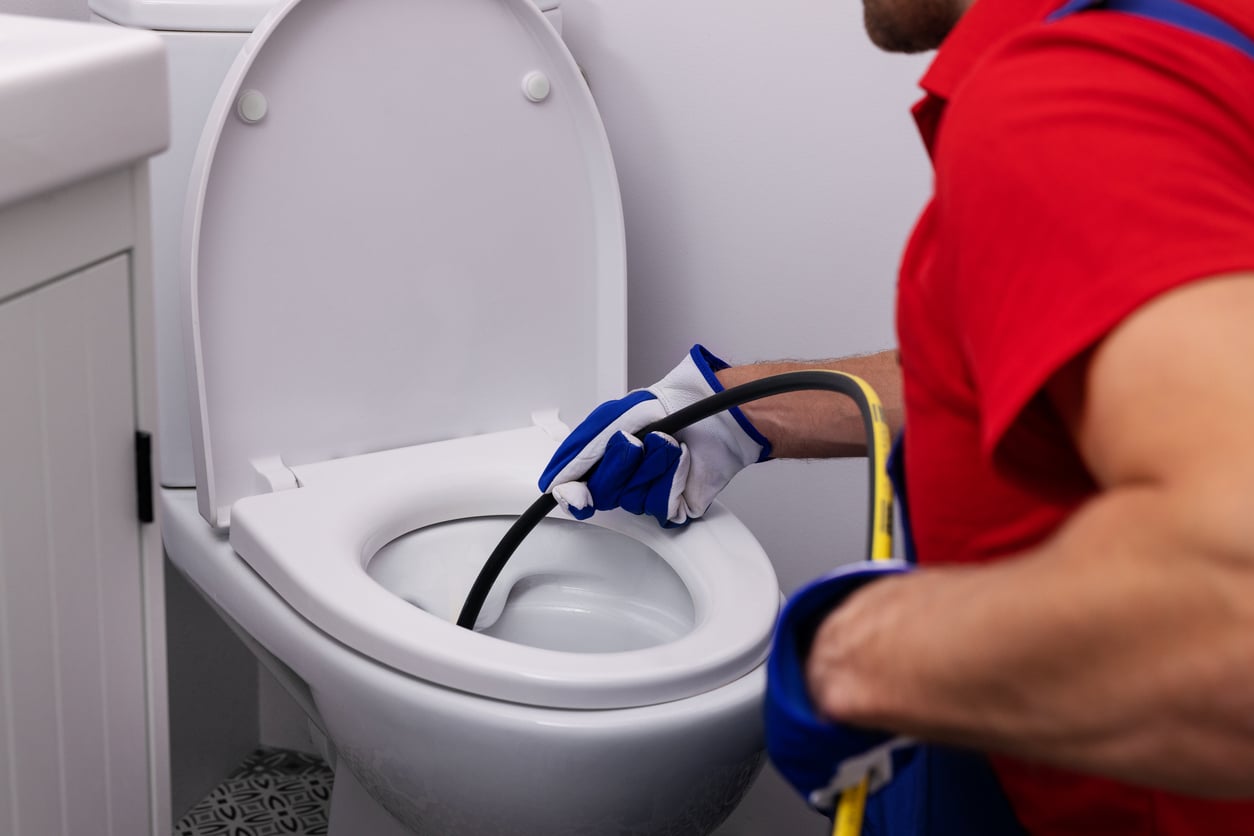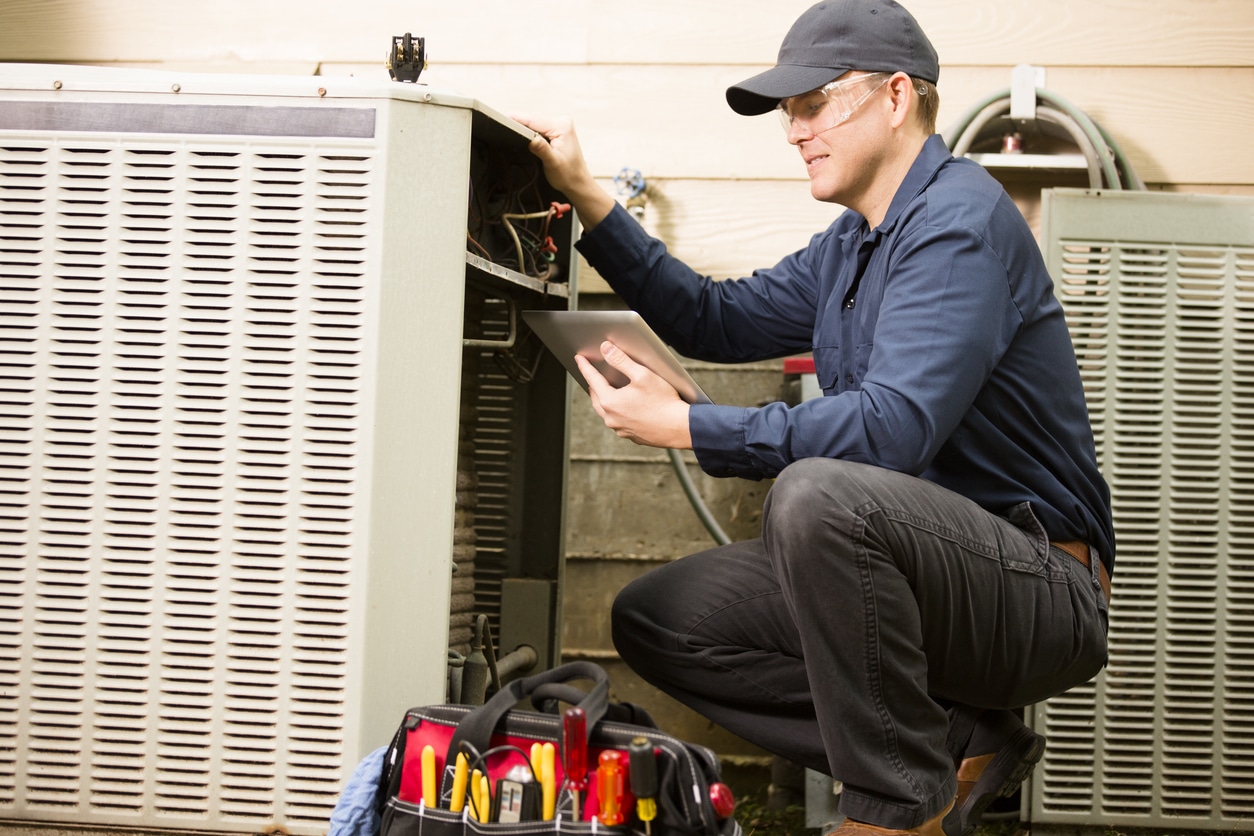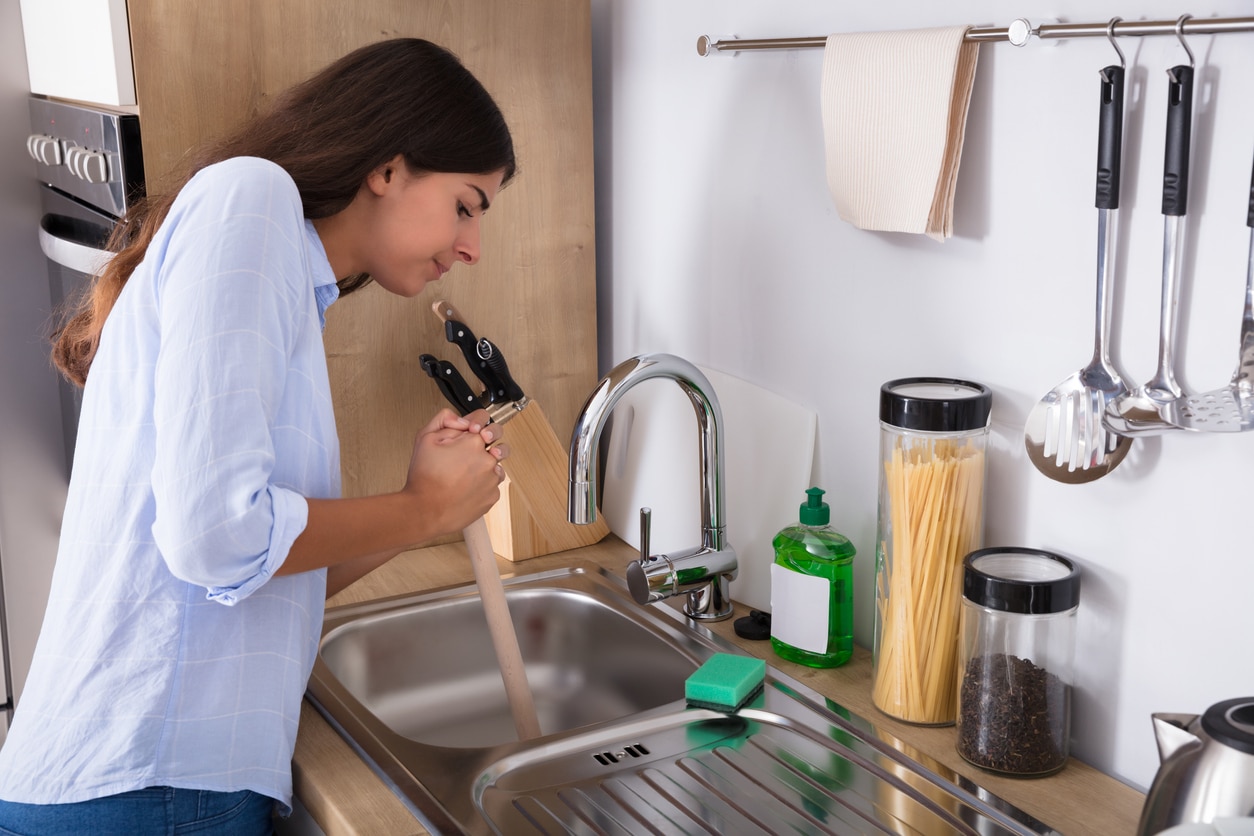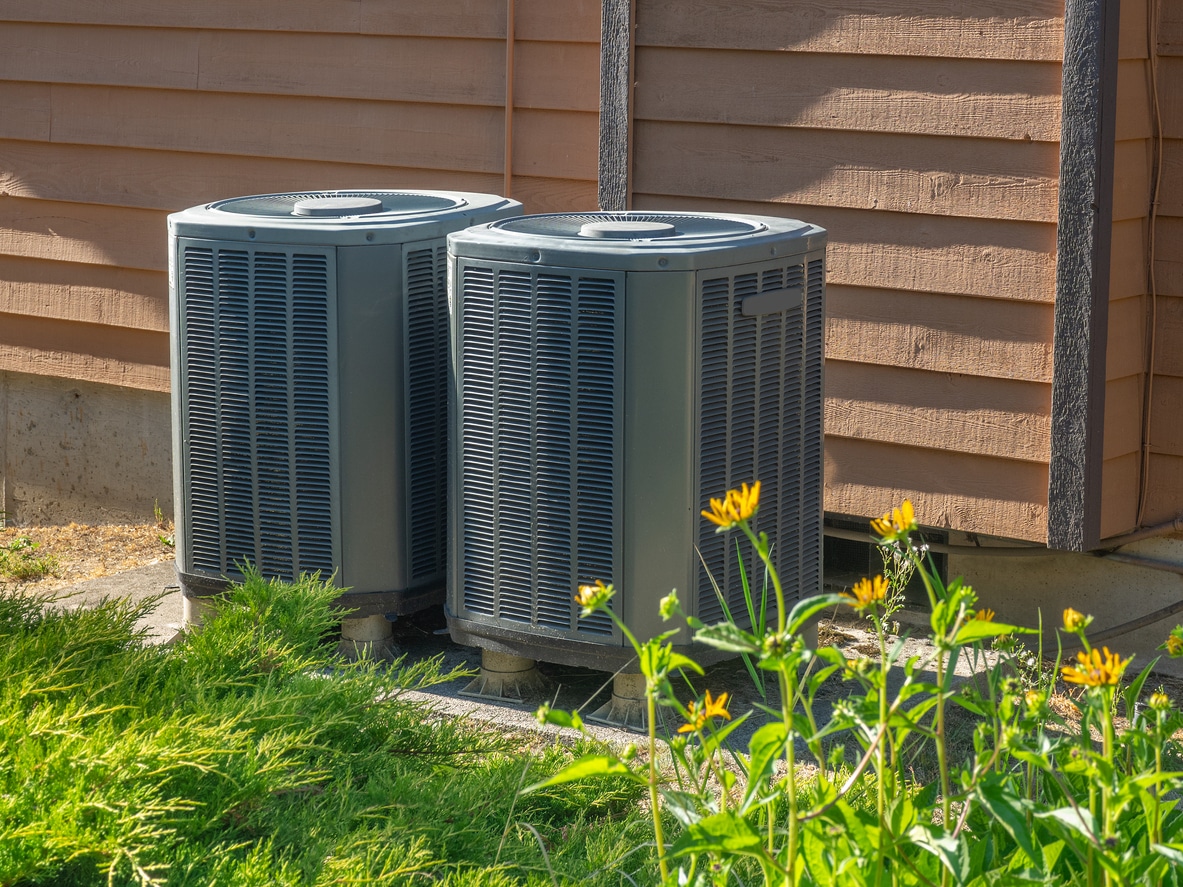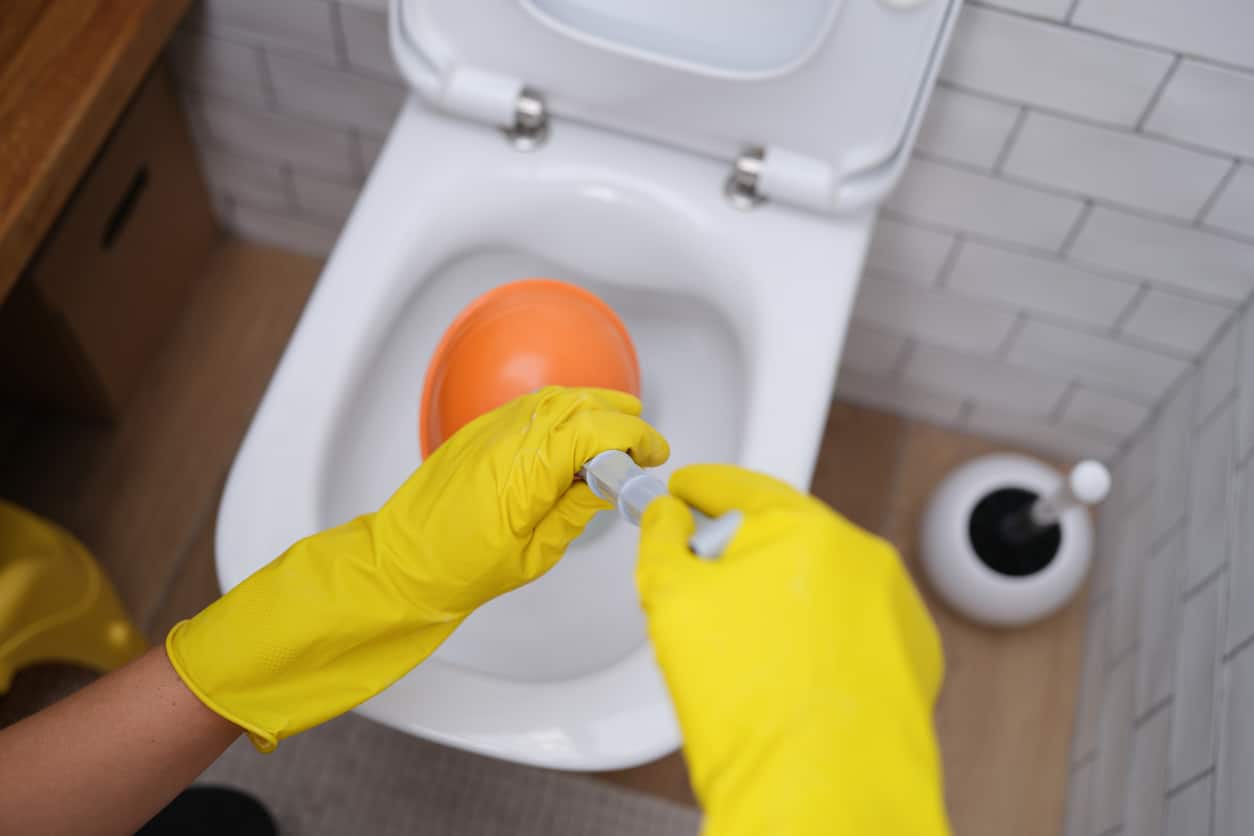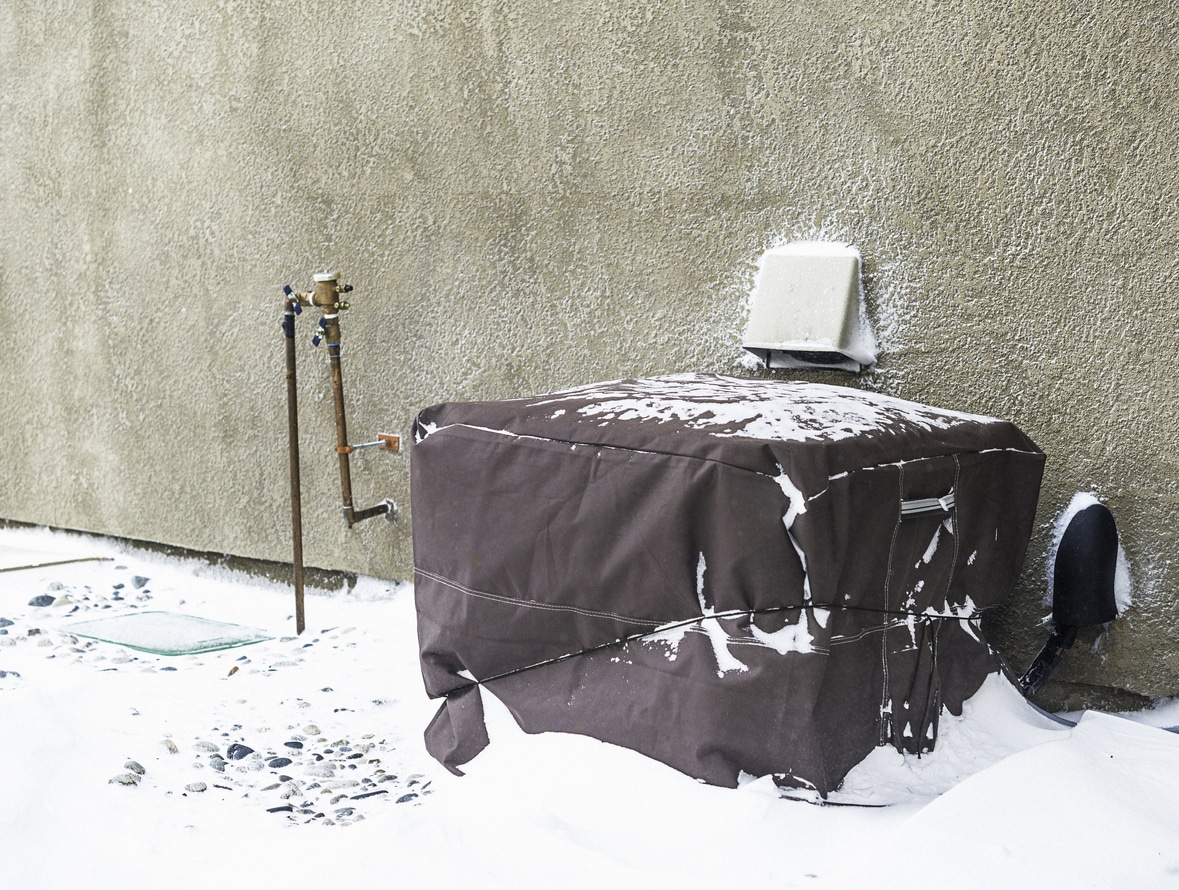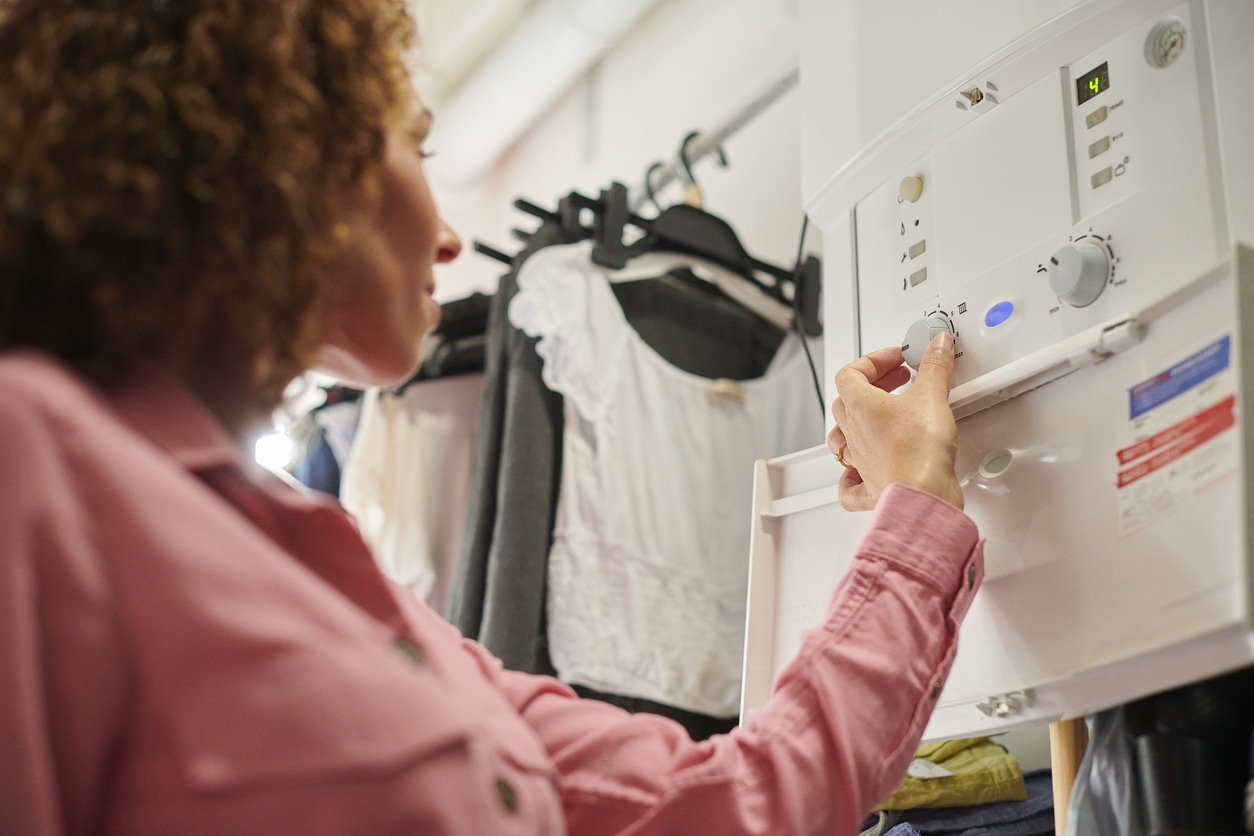Are you considering a new water heater installation for your home? If so, there are two main types of water heaters: tank and tankless. Although both types perform the same function, they operate in different ways. Below we look at the difference between a tank and tankless water heaters to help you decide which is best for you.
What Is the Difference Between Tank and Tankless Water Heaters?
Before you compare tank and tankless water heaters, you need to understand how each operates.Tank Water Heaters
Storage tank water heaters typically have a capacity of 30 to 60 gallons, but the most common size is 50 gallons. The capacity you want depends on your household size and how much hot water you use (your plumber can help with the calculations). Tank units use natural gas, electricity, fuel oil, or propane. These tanks continuously heat water to keep a full store ready. That means you’re paying to have hot water whether you need it or not. Storage tanks can be 5 feet tall or taller and about 2 feet wide or wider. If your water heater is in the basement, you might not mind the space it takes. But if you don’t have a basement, you may have to stash it in a closet, which can be a tight fit. Due to recent federal energy regulations, a replacement storage tank may take up more space than your old one. Newer models require more insulation.Tankless Water Heaters
As their name implies, tankless or on-demand water heaters don’t store water in a tank. Instead, they heat water as it passes through the unit, using a heat exchanger to bring it up to temperature rapidly. (They run on electricity, natural gas, or propane.) Heating water only when needed eliminates the standby energy losses you get with a storage tank. Whole-house tankless units mount on a wall, saving floor space and fitting into tight spaces. They vary in size but average about 2 feet tall and over a foot wide.Compare Tank vs. Tankless Water Heaters
Tank Water Heater |
Tankless Water Heater |
|
| Water storage | Yes | No |
| Time to heat water | 20 to 60 seconds | Instant |
| Life expectancy | 6 to 13 years | 18 to 22 years |
| Average annual energy cost | $580 | $535 |
| Payback | 6 to 10 years | 12 to 20 years |
| Average size | Height: 50 to 76 inches Diameter: 18 to 21 inches | Height: 18 inches Width: 17 inches |


